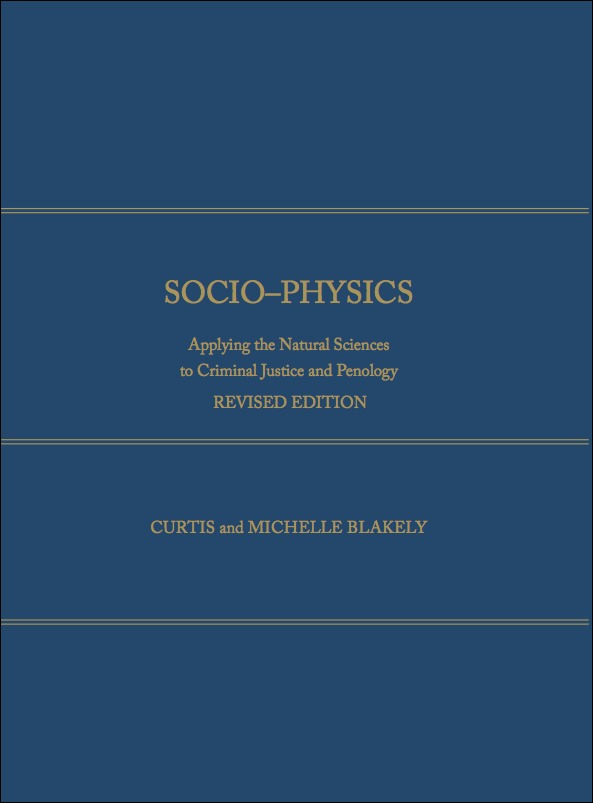Restorative Justice in the Islamic Penal Law: A Contribution to the Global System
Abstract:
Restorative justice is not the only paradigm in Islamic penal justice. It is just one model. The second is retributive system. Yet by looking at the philosophy of penalty as detailed by Islamic jurisprudence, plus carefully revising alternatives to original punishments proposed by scholarship, it can be safely concluded that restorative justice does exist. And it exists as the general rule. Retributive justice is the exception. The key point of these mechanisms is that penalty in Islam is not an end per se. If offenders could be rehabilitated by other measures rather that penalties, the goal would be achieved and punishment should be evaded. Yet victims should always have the possibility to restore their rights. It is found out that Islamic law embraced almost all forms of restorative mechanisms known today. Scholars knew the practices of compensation, conciliation, pardon, apology, community service, warning, fining, probation, and reintegration. They added unique mechanisms that can be regarded as restorative means, such as repentance, benefiting from the advantage of doubt, preserving offenders' privacy, intercession, surety, and expiation. This paper explores the extent to which certain theories in Islamic jurisprudence relating to criminal law are similar to contemporary restorative justice practices
Keyword:
Restorative justice; Islamic jurisprudence; conciliation; pardon; community service; surety; privacy; intercession; expiation; probation; reintegration.



